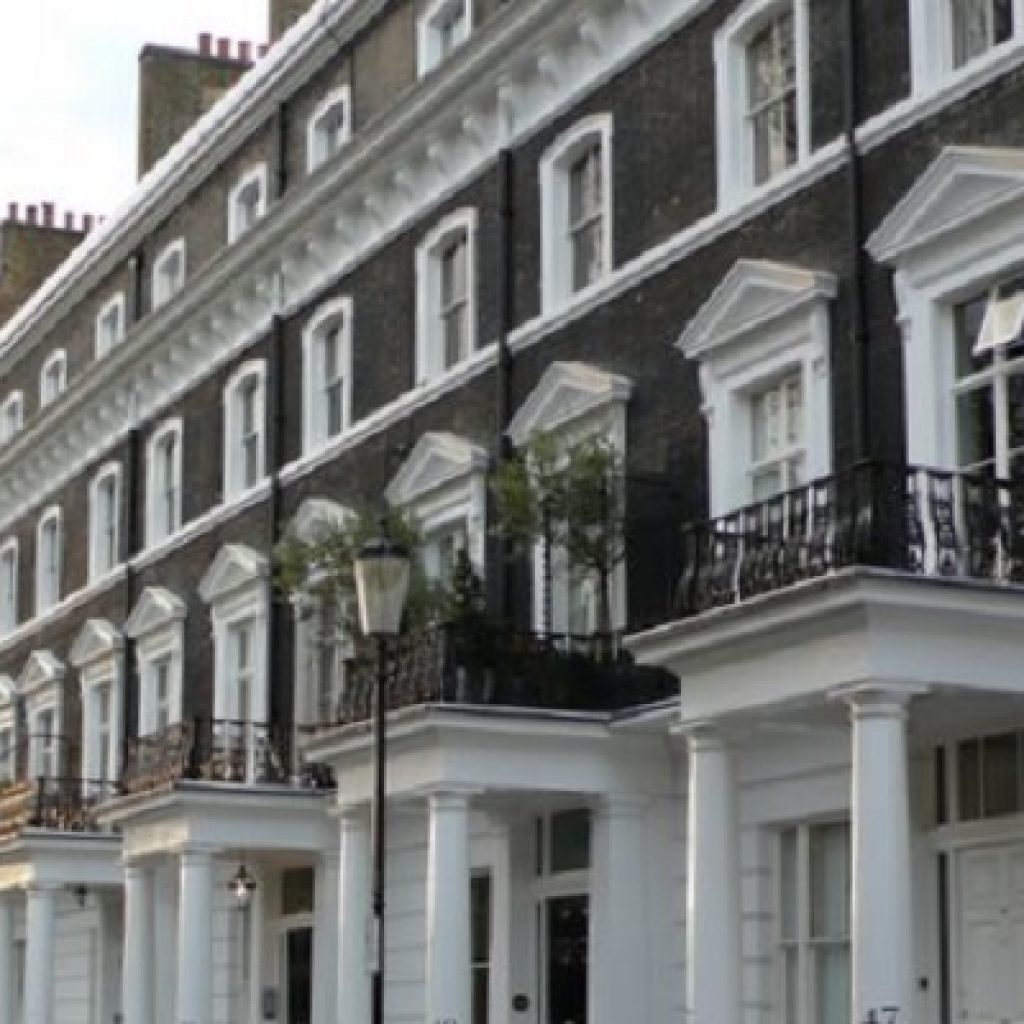The Corporation of Trinity House of Deptford Strond v 4-6 Trinity Church Square Freehold Ltd [2018] EWCA Civ 764.
As is well known ‘qualifying tenants’ of flats have, under section 1 of the Leasehold Reform, Housing and Urban Development Act 1993, the right to compulsorily acquire the freehold of the building. This is sometimes referred to as ‘collective enfranchisement’ to emphasise that they do not individually acquire the freehold of their own flats – as owners of leasehold houses can – but they collectively own the freehold by means of a limited company in which they are shareholders. However, what is not so well known are the provisions of the 1993 Act in relation to rights enjoyed by the flat owners over adjoining land. Obviously, the Act provides that they are to acquire the same easements over the freeholder’s adjoining land as they enjoyed as leaseholders – rights of way and for services etc. But as this case reminds us sometimes they can acquire better rights than they had before.
Trinity Church Square is a garden square in the London Borough of Southwark. At 4 – 6 Trinity Church Square there are three adjoining townhouses which have been converted into flats, the freehold of which is owned by the Corporation of Trinity House of Deptford Strond. Each of the tenants of the flats in the Building was entitled to use the Garden also owned by the Corporation, in common with others, under a licence contained in their respective leases. It was an express term of the licence that it may be revoked in writing by the Corporation at any time. The licence had not been revoked at the “relevant date” for the purposes of section 1 of the Act, i.e. the date of the service of the initial notice to exercise the right to collective enfranchisement. However, after such service, the licence was revoked. So the question for the Court of Appeal was exactly what rights, if any, over the gardens were to be granted on enfranchisement?
The Act provides that where the freeholder owns property which is not comprised in the block of flats itself but which any of the flat tenants has a right to use in common with others, then either the freehold in that property will itself be transferred to the flat owners or they will be given ‘such permanent rights as will ensure that thereafter the occupier of the flat referred to in that provision has as nearly as may be the same rights as those enjoyed in relation to that property on the relevant date by the qualifying tenant under the terms of his lease’.
So what rights over the garden should be granted? Note the reference to the rights being the same as on the ‘relevant date. This is the service of the initial notice, so the fact that the right to use the garden had been revoked after that date was irrelevant. The Upper Tribunal (Lands Chamber) had ordered that an easement to use the gardens should be granted as being the only way in which the requirement in the Act that the right be ‘permanent’ could be complied with.
The Court of Appeal agreed, referring also to the fact that Act gave a choice in this kind of situation, the alternative being the transferring of the ownership of the land itself. It was thus clear that the purpose of the Act was that revocable rights should be converted into irrevocable ones.
So the flat owners starting with a revocable licence now have a permanent easement to use the gardens. And the same principles would apply to any other revocable rights flat owners might have – parking is the obvious example. And from the point of view of the landlord, it is too late to terminate those rights once the initial notice commencing enfranchisement has been served.




















